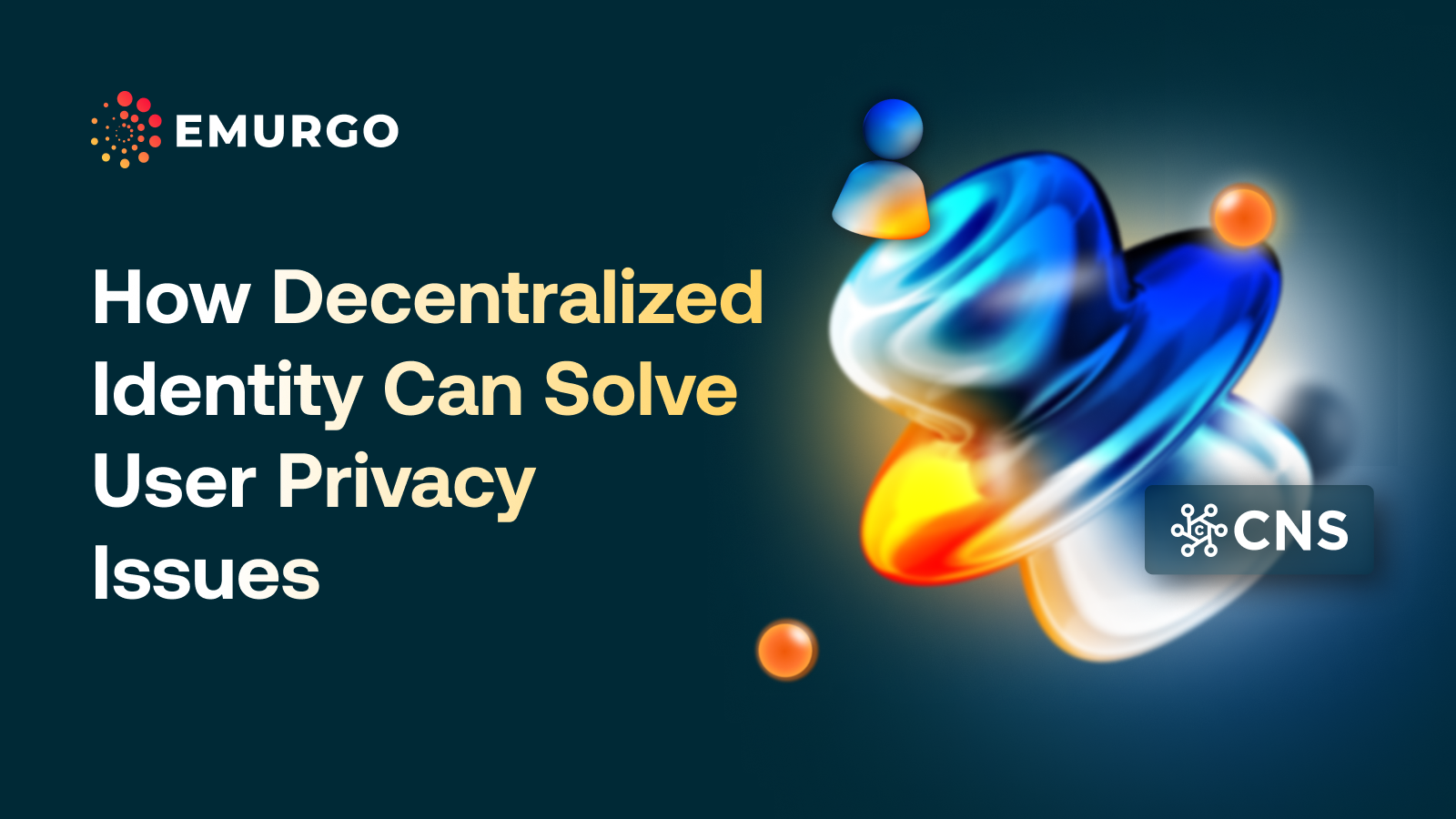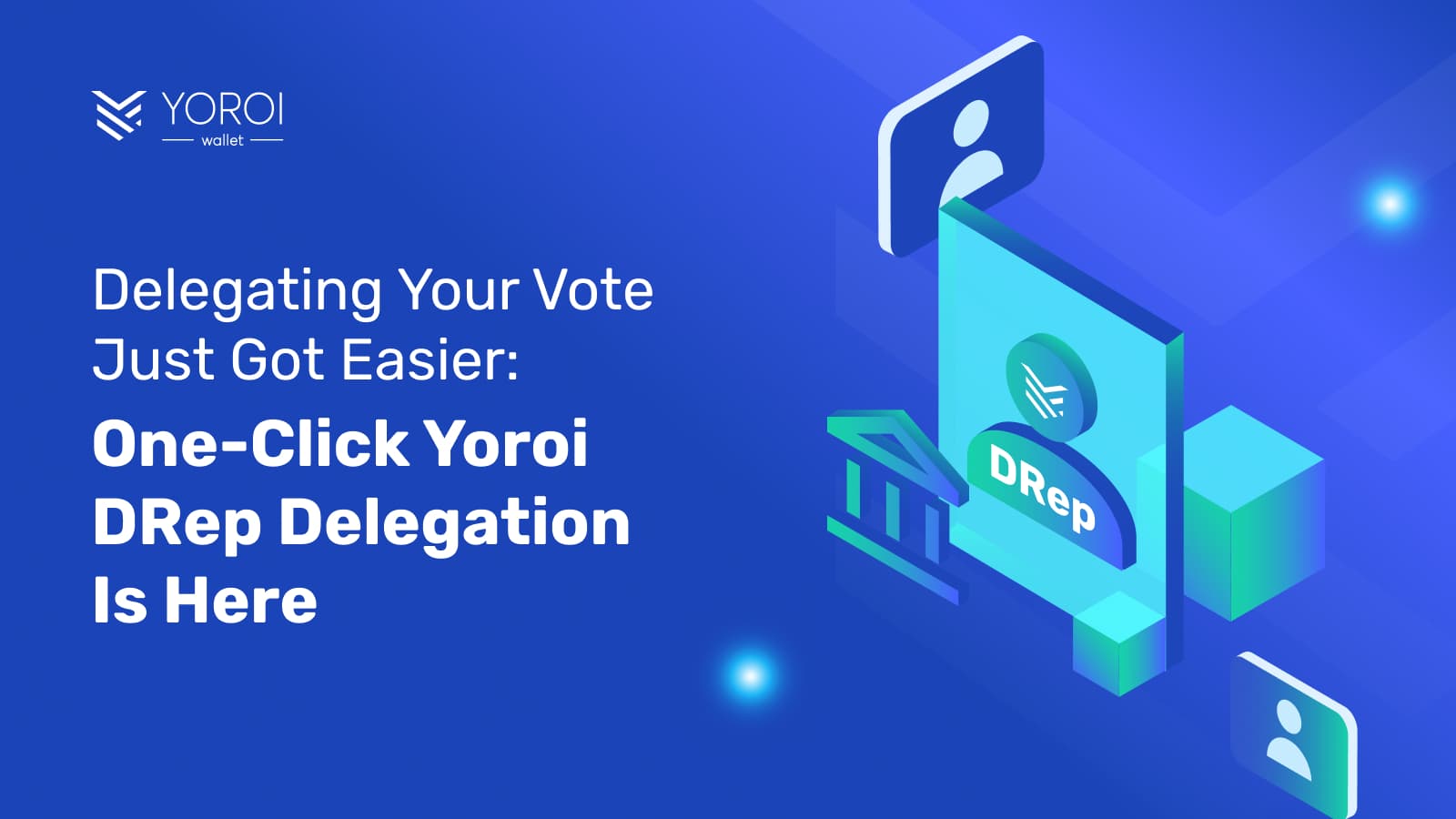Internet user privacy has become a growing issue with the proliferation of websites and social media applications. The Internet originated as a communication network between research laboratories in the U.S. and military organizations. For this reason, privacy concerns were originally never an issue as connecting users came from approved entities.
As such, when the internet transformed to become a public utility, all the original designs for how it worked were carried over. This left many portions of the internet unprotected and open for information theft.
Now, the advent of blockchain technology and decentralized identity solutions offer a lucrative use case and solution for securely protecting user data. Using blockchain technology, decentralized identifiers (DIDs) can plug the holes left by the original format of the internet and create a new internet that is much safer to navigate for everyday users.
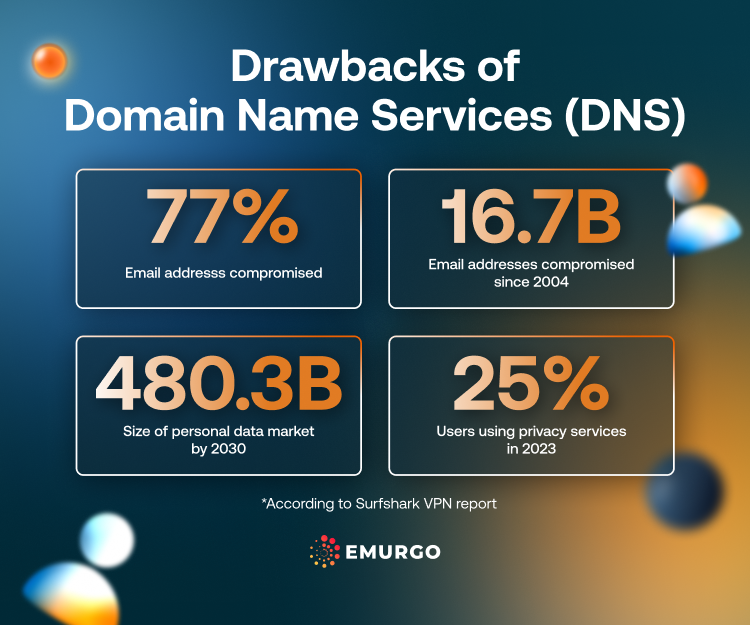
First, let’s discuss some data breach statistics. According to VPN Surfshark, for every 100 people, 77 unique email addresses are breached. This has resulted in a total of 16.7B accounts breached since 2004, and approximately 6.2B of them had unique email addresses.
These numbers show the level of inherent security flaws that exist on the current internet. Each is an instance of a hacker getting access to unauthorized personal data that can be used to harm that individual. But this is only one side of the story.
The internet now openly transacts using the personal information of users. Centralized Web2 websites and applications including social media openly gather their users’ data and then sell them to third-party data brokers. These data brokers also sell this user information to other companies and public sector agencies. This is a common business practice among large Internet websites.
Related reading:
- Here are some decentralized identity use cases by industry
- What you need to know about decentralized identity solutions
This is an enormous business as reflected in the report “Global Data Brokers Market Snapshot” by the Transparency Market Research organization. It estimates that the market for data worldwide is $240.3 billion. It also projects that this will double by the end of the current decade.
The rapid expansion in the data market is creating strong incentives for centralized internet companies to increase data collection. This is changing the way people see the internet and it’s no longer a place for open communication, but instead, a place that requires constant caution for the everyday user.
The result is that internet users are modifying their behavior when using the web. More people are becoming guarded when signing up for websites and services, searching for information, and are increasingly using services to mask their IP addresses and other sensitive personal information as shown in this graph:
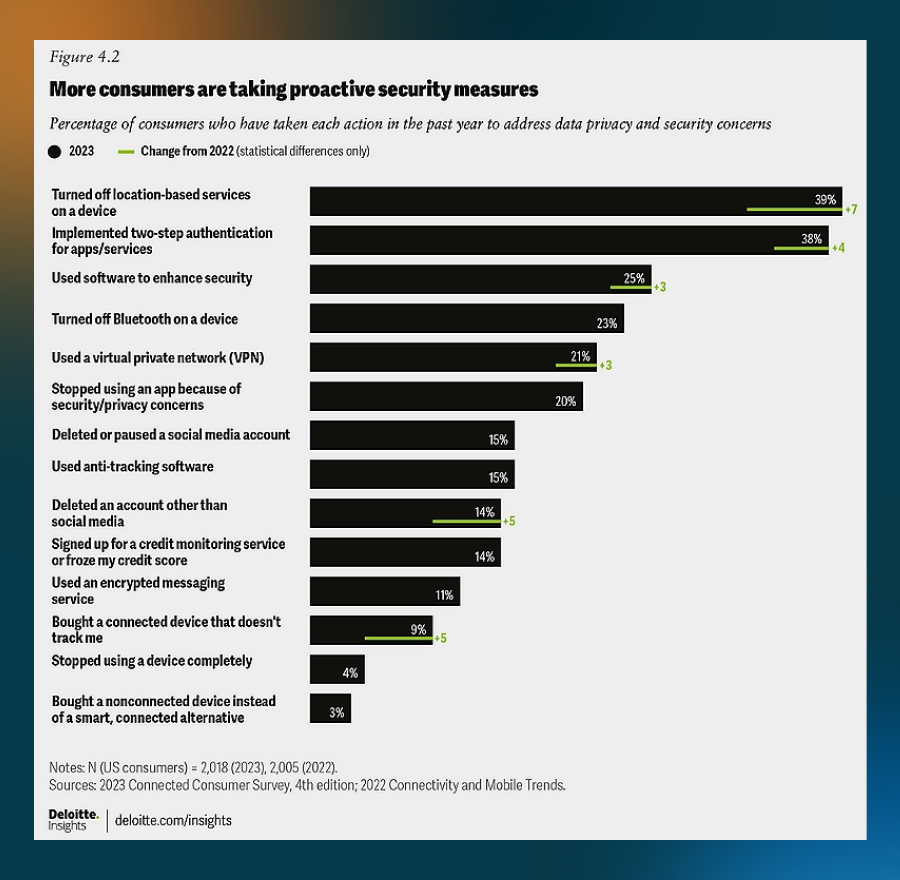
These user actions range from ensuring some data collection services are turned off, to purchasing services that enhance internet privacy. Although some of these measures may help, they do not tackle the root of the problem which is namely that the current privacy model of the internet is controlled by centralized companies.
These companies will always have the incentive to mine user data and try to give as little privacy as possible to the individual. The monetary rewards are just too large. A new privacy model is needed to solve this problem.
In our current model, internet companies control our identity and access. At the moment a user creates an account with a verified email address, profile, etc., and then they are allowed access. This means these corporations are the gatekeepers of the web.
There is a new architecture that is now taking shape.
This is a concept called decentralized identity. Under this model, a user holds a digital token or NFT that contains all of his/her personal information. A service needs to read that token and then access to a web service is provided.
The control of what information a user can provide to the service is completely under the control of the person. The website cannot request more information than the user is willing to surrender in the operation.
The token is a crypto asset that is hosted on a blockchain. The metadata of the token contains references to encrypted decentralized storage addresses where the individual’s personal data is recorded. The level of access is managed through the user’s wallet that they control.
This wallet is not just a regular crypto wallet, but rather an identity manager that helps users customize the level of access a service has. These wallets are in development at the moment and represent a further evolution from the regular crypto wallet.
CNS is a decentralized identity service on the Cardano blockchain. They provide a customized .ada extension for users to purchase and utilize when using Cardano decentralized applications and certain social media applications.
In essence, this personalized handle verifies the user’s identity within the Cardano ecosystem, can be used as a Cardano wallet address to receive Cardano-based tokens, and links with applications such as Telegram.
It can replace the need for a personal business card as everything is linked to one’s .ada extension. The .ada name can further grow and become the decentralized identity tokens we have discussed.
Currently, the .ada extension is also supported by Cardano open-source wallet Yoroi.
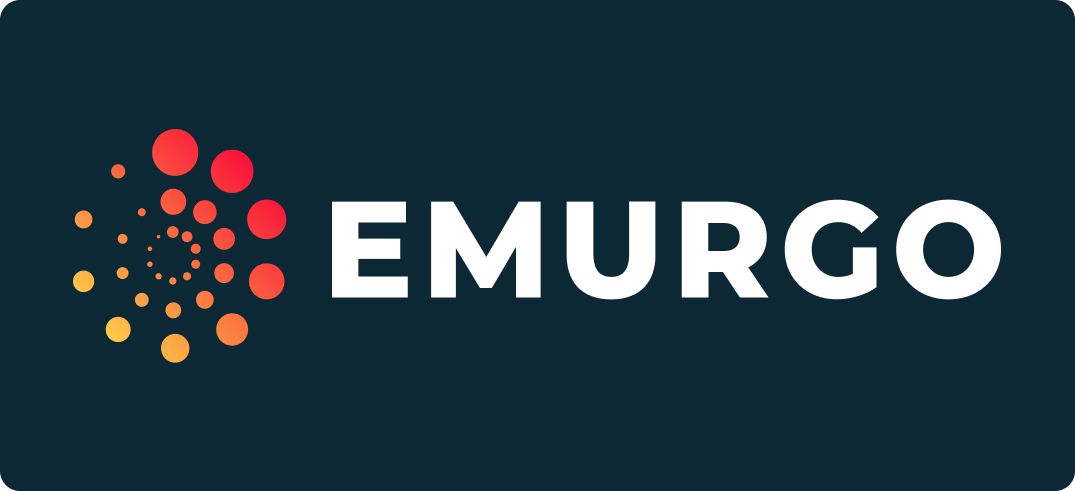
Want to receive daily and weekly updates on EMURGO’s activities and other Cardano-related ecosystem news?
Then, follow EMURGO on X to stay up-to-date on news including Cardano blockchain education courses, events and workshops, project funding opportunities, and more.
About EMURGO
- Official Homepage: emurgo.io
- X (Global): @EMURGO_io
- YouTube: EMURGO channel
- Facebook: @EMURGO.io
- Instagram: @EMURGO_io
- LinkedIn: @EMURGO_io
Disclaimer
You should not construe any such information or other material as legal, tax, investment, financial, or other advice. Nothing contained herein shall constitute a solicitation, recommendation, endorsement, or offer by EMURGO to invest.
